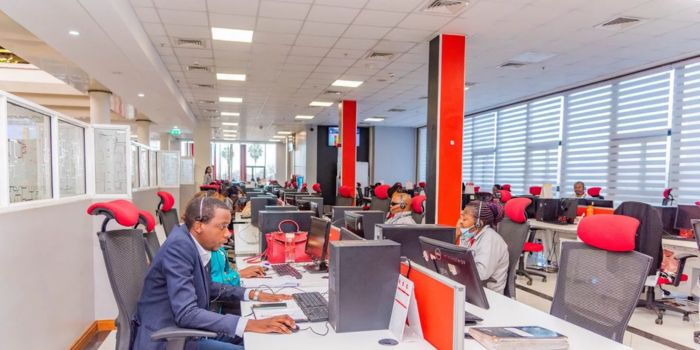The Kenya Bankers Association (KBA) has called on the government to ease the Pay-As-You-Earn (PAYE) and income tax burdens as the country approaches the 2027 general elections. Speaking at the National Development Implementation Committee (NDIC) in Nairobi, KBA CEO Raimond Molenje emphasized the need for political and economic stability to safeguard businesses and households.
“With about 20 months to the General Elections, we need stability before and after the polls, and central to this is restoring the lost purchasing power for Kenyans and businesses,” Molenje said.
The association proposed scrapping the top two PAYE bands of 32.5% and 35%, which would allow the lowest band to drop from 10% to 5%. They also recommended reinstating the 20% band and expanding the 25% band, a move expected to leave households with more disposable income. KBA believes this would spur consumer spending and revive economic activity.
According to KBA, easing the tax burden across high-, middle-, and low-income earners will boost household purchasing power, promote economic vibrancy, and create a fairer tax structure. They warned that failing to address declining real wages could result in economic instability, reduced public confidence, and hinder fiscal consolidation efforts.
The bankers also suggested aligning the top PAYE rate with the corporate tax rate while reducing other rates to promote fairness and encourage investment.
The government has previously shown commitment to tax relief adjustments. In April, the Cabinet directed employers to automatically apply all eligible tax reliefs when calculating PAYE. In July, the Kenya Revenue Authority (KRA) launched a new system integrating PAYE filing with the Government Human Resource Information System (GHRIS), IFMIS, and the Central Bank of Kenya (CBK) through API connections. This system ensures seamless payment and filing of PAYE, the Affordable Housing Levy, NITA Levy, and other labor-related contributions.
KBA’s recommendations highlight the critical link between tax reforms, household purchasing power, and economic stability, particularly as Kenya heads toward a pivotal election year.

